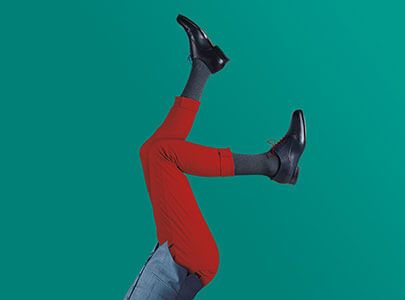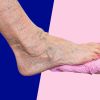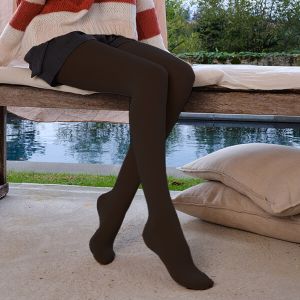Calf numbness and leg cramps - causes and treatments

Many people sometimes feel a tingling or numbness in their legs. This usually occurs after sitting for too long. However, it can also be a sign of a serious medical condition. For this reason, it is important to know what to look out for and when simple numbness in the calves is a sign of ill health. Find out if it is perhaps high time to visit your doctor and start the appropriate treatment.
Calf numbness causes
Numbness in the left calf or right calf, or a tingling sensation in the lower leg or foot are very common when sitting for long periods of time. In this position, the muscles and nerves are compressed, which impedes blood flow to the area where the numbness occurs. This is usually a temporary condition. Simply standing up is enough for the blood flow to return to normal. Calf numbness can also occur during intense exercise. With heavy loads, there may be an inhibition of blood flow to the feet and lower legs. Some exercises, such as running, can also cause nerve compression, which causes numbness in the calves. Nevertheless, these symptoms are common and disappear after a fairly short time.
More serious causes of calf numbness
Numb calves can also be a symptom of more serious conditions. These can include:
Diabetic neuropathies - are areas of nerve damage caused by diabetes. In this case, in addition to numbness in the calves, there are cramps and loss of balance;
Atherosclerotic disease - the build-up of atherosclerotic plaques in the veins restricts blood flow, resulting in numbness in the calves. You may also notice loss of leg hair and a noticeable coldness;
Tarsal tunnel syndrome - in this case the tibial nerve in the heel is compressed. This causes severe pain and burning combined with numbness in the legs;
Multiple sclerosis - this is an autoimmune disease affecting the central nervous system. Its first symptoms are muscle spasms and dizziness. There is also tingling in the lower part of the body.
How can calf numbness be treated at home?
If you experience tingling or numbness in your calves, which is becoming a persistent symptom for you, you should visit the relevant doctor. A specialist will be able to eliminate the causes. However, there are several methods of dealing with calf numbness that you can try at home. Simply drink plenty of water and avoid various stimulants such as alcohol or cigarettes, which have a negative effect on blood circulation. You should rest with your legs up and avoid sitting for long periods of time. We should also avoid tight clothing such as socks with tight welts.
If there is numbness in the calves caused by venous stasis, it is advisable to use compression products with an appropriate compression level. These may include compression tights and knee-high socks in ASQUAL compression class 2. Wearing them promotes proper venous blood flow, which in turn reduces the feeling of heavy legs and tingling calves.
It is also worth using thermal compresses. Ice packs reduce swelling and inflammation, while warm compresses increase blood flow and relax the muscles, so that we can relieve numbness in the calves. A calf and foot massage can be a supportive measure to stimulate circulation and blood flow, which in turn can help to combat the numbness and tingling in the calves.
Keep in mind, however, that chronic tingling and numbness in the calves may be a sign of a more serious condition, which you should consult a specialist. Symptoms that accompany us for a long time and occur without a specific cause should not be underestimated.



















